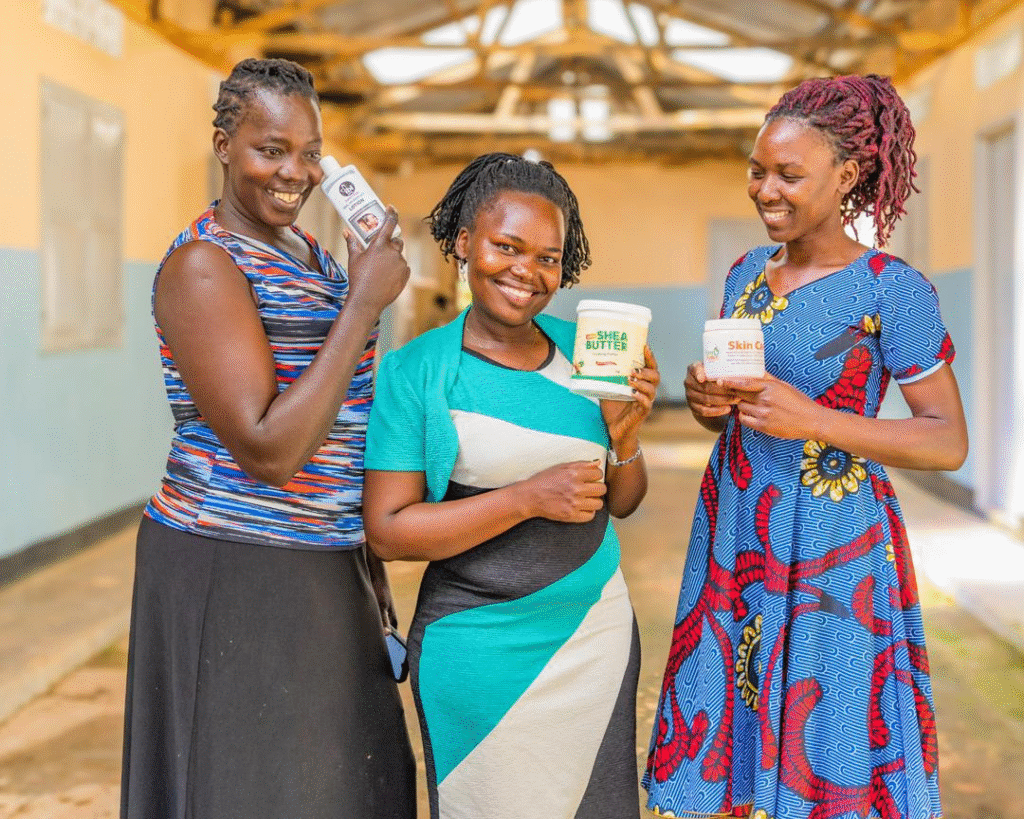
The International Trade Centre (ITC) has teamed up with the Uganda National Bureau of Standards (UNBS) to help small and medium enterprises (SMEs) in Northern and Northeastern Uganda achieve certification that can open doors to regional and international markets.
The initiative is part of the Supporting Trade and Market Access for Resilience (STAR) Project, funded by the Korea International Cooperation Agency (KOICA). It focuses on value chains such as cassava, shea, and oilseeds, sectors that have significant potential but remain hampered by low compliance with standards.
Many SMEs in Uganda struggle to secure UNBS certification because of limited technical know-how, high costs, and complex regulatory requirements. The new partnership seeks to remove those barriers by providing direct training and financial support.
A three-day workshop held in Gulu brought together 60 SMEs, who received practical guidance on certification procedures, including online application systems, product labelling, and internationally recognised standards such as Good Manufacturing Practices (GMP), Good Hygiene Practices (GHP), and Hazard Analysis and Critical Control Points (HACCP).
According to ITC, the STAR Project has so far reached more than 13,000 farmers, of whom about 7,700 are women, and offered business coaching to 60 SMEs. In addition, ten enterprises have benefitted from matching grants worth USD 100,000, helping them scale operations and improve product quality.
One of the enterprises, TAPCO, a sunflower oil processor, has long struggled to expand due to lack of certification. With the new support, TAPCO is now on course to meet the required standards, demonstrating how such interventions can directly translate into business growth.
Officials noted that certification is more than a regulatory tick-box, it is a pathway to trust, competitiveness, and market expansion. By aligning SMEs with UNBS standards, the partnership aims to strengthen agribusiness value chains, enhance consumer safety, and empower local producers to compete beyond Uganda’s borders.